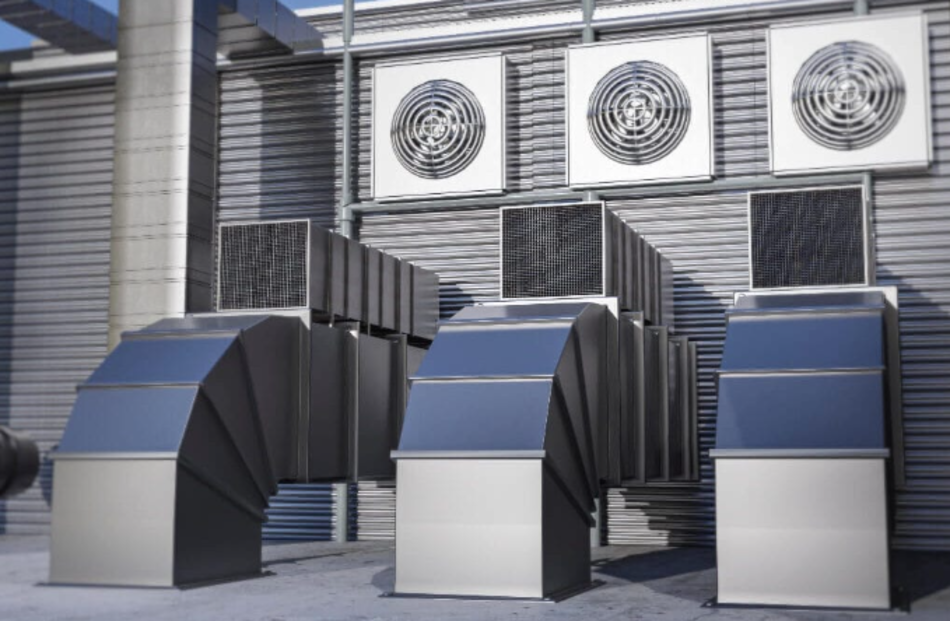Certainly it has evolved a lot since it was invented and heat pump technology forms part of the modern heating and cooling system. The following article gives information about the development of the heat pump technology and indicates significant events that contributed to the topic.
Early Developments in Heat Pump Technology
The concept of the heat pump could be traced back in the middle of the Century 19 when a physicist William Thomson, the first person who was entitled the Lord Kelvin, provided a theoretical description of heat exchange. Originally, the heat pumps were not very complex and the major focus was placed on the refrigeration processes in the system. These first advancement paved the way to better structures in which heat could be removed and transferred from one place to another.
Advancements in Residential Heat Pumps
However, it was in the mid of the twentieth century that new development was noted on the technology of heat pumps for residential homes. Manufacturers of heat pumps seized on this continually increasing need for a more efficient means of heating and cooling homes to produce more and more reliable and energy efficient models. These improvements included the Inverter systems that included split systems and the variable speed compressors that enhanced efficiency and reduced the power consumption.
The Rise of Hydronic Heat Pumps
Hydronic heat pumps now have altered the way of thinking of heating as a method or system . Space heating by hydronic heat pumps circulates heated water through radiators or beneath the floor which provide a good indoor climate. This technology is commonly applied where it is chilly, and the basic air source heat pumps are not favorable. There are new whisper quiet hydronic heat pumps that are hitting the market and doing stupendous for test home owners and contractors alike and the leading heat pump manufacturer has dedicated significant amounts of research and development to making hydronic systems optimum for residential as well as commercial application.
Integration with Renewable Energy Sources
One of the latest and some of the significant developments that have occurred in the heat pump systems is the integration of renewable power. It should also also be noted that modern heat pumps can be linked to solar or wind power, and thus, the impacts of these contrivances on the environment are negligible. Apart from this, this integration enhances the sustainability of heat pump systems and the economic benefits that are realized from the utilization of free and renewable energy sources.
Smart Technology and Connectivity
This change has also impacted the heat pumps development because of the smart technology that has been incorporated. Today’s heat pumps have inbuilt sensors, can be connected to the Wi-Fi and have smartphone applications through which the users can control and monitor their heat pumps. All these smart features provide a higher degree of control over energy usage and provide more effectiveness and comfort to the residents.
Therefore, the advancement of heat pump technology has been in a progressive state with innovations being made continually. From the early inventions of hydronic heating systems globally, simple heat transfer techniques to the modern sophisticated heat pumps, together with the integration of smart technology into the heating system, the hydronic heating industry has evolved a lot. Thus, with the development of technologies, we can only expect new developments in the sphere of heat pumps.


















